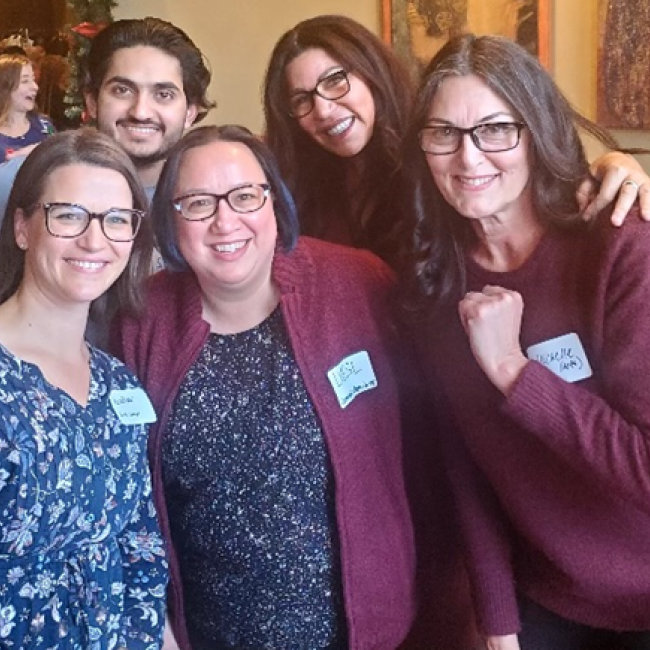
During my semester of scouring through SFU’s myExperience portal for jobs, I had to learn a lot of things the hard way, which probably led to me getting a job pretty last minute. But I don’t think I’m the only one who has fallen into the trap of destructive habits that creep through the cracks on the road to success. Below is a list of things I wish I had known when I started seeking for Co-op jobs that I hope will help other Communication Co-op job seekers.

It is very easy to miss important emails during this period, as us students may have become accustomed to checking school emails only once a week. This would be fine during a normal semester, but during your seeking semester you need to look at your email every day. Announcements you can miss include new job postings, interviews, module deadlines, free events, courses that improve your employability and many others I would love to mention (but I’d rather you just check your emails).

Ever seen the memes about needing work experience to get work experience? Yeah, that’s you right now, but don’t despair! You have a whole semester to find something to add to your resume (trust me, I was able to gain a lot of valuable experience in 2 months alone). Being in a university gives you extra access to opportunities most people don’t have. Click here to see a list of ideas. This also leads me to the 3rd most important point…

Going into an interview, one would assume you’d be asked the basic questions on the list given to you on your Co-op guide, but that is not always the case. A lot of the time employers want to see your personality; they want to work with a human being and not a robot. Being able to talk about what you love (literally any activity) showcases your personality, dedication and experience in something, and even better if you can connect it to the job description. During the pandemic I worked in the film industry a bit and picked up videography, which may have the only reason my resume stood out from others. So, just have constructive fun!

During your intro to Co-op, you were probably told how often you need to apply for jobs. For my fellow international students, you probably need to work overtime on this. Given the current climate, half of the jobs relevant to you might require you to be a citizen or a PR due to government funding. This can demotivate you, yes, but it is an opportunity to push yourself harder than most. You can also use connections you built in the past to get hired. It's not always about what you know, but who you know. Depending on your competency, you can be trained in anything. Just make sure you don’t take a course overload when you are seeking, because cover letters take time!

As a Communication student, you are a jack-of-all-trades and the world is your oyster, as every industry has a Communication department. I work in biotech for goodness sake, and I had no interest in biology before (love my job though). You can look at job descriptions posted for other SFU Co-op departments and see what fits you most, like graphic designers for the science department, as an example.

I have a habit of not asking for help, but it doesn’t have to be yours too. Get out of your comfort zone and ask the ‘stupid’ questions. I promise you everyone has the same question. Nobody expects you to know everything, and you have a wonderful team of Co-op Coordinators who care about your success and safety, to the point where they apply to jobs for you at the lightning round stage of your search. They are your career coaches, so go to them with your questions and doubts.
I hope these tips will help your transition into Co-op job search. I wish you all the best opportunities and success this experience has to offer you. And don’t forget, you can always get help!
























